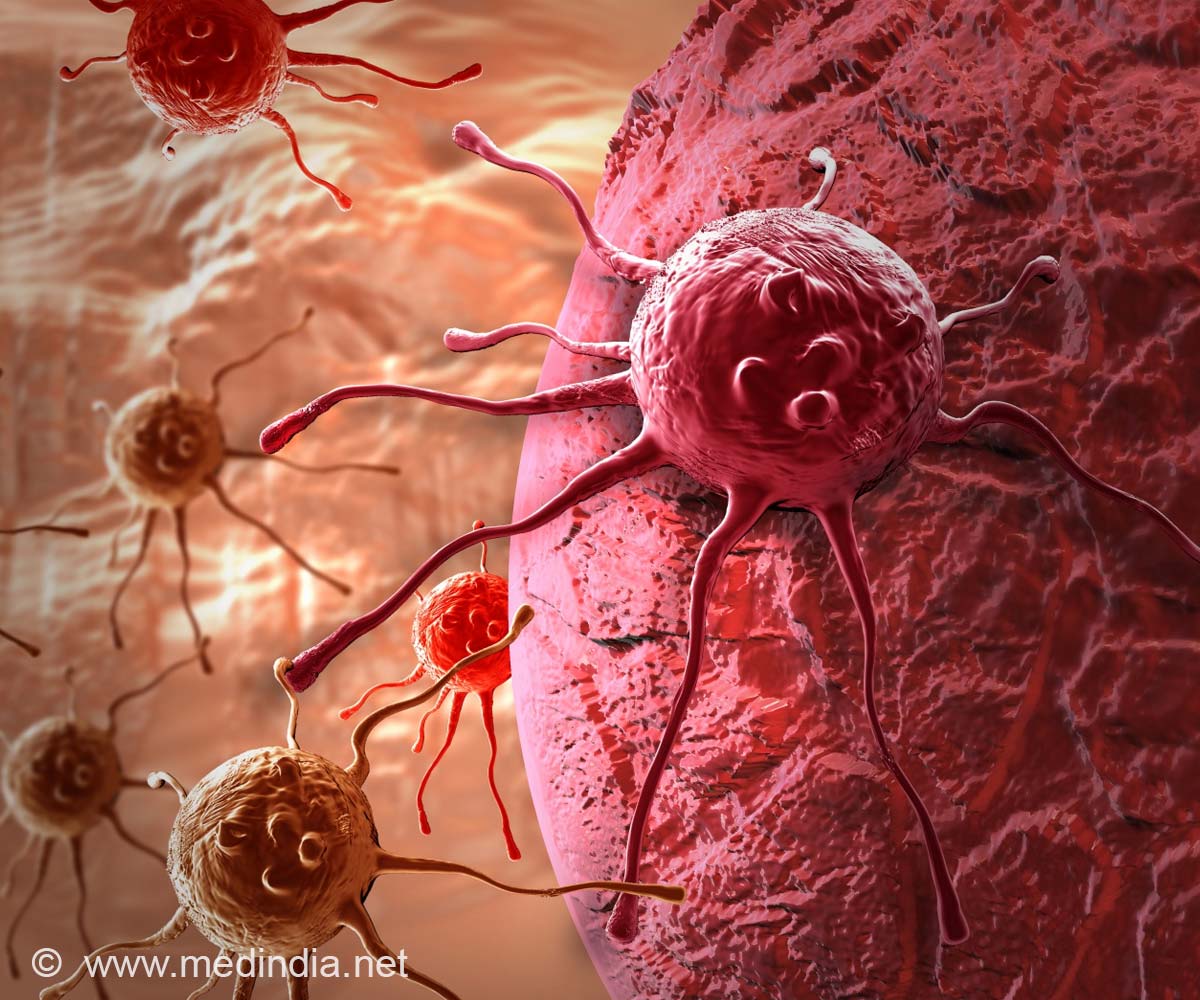Targeting MYC gene which causes tumor growth in cancer, which is a challenge till now, was solved by the researchers.

‘Incorporating MYC promoter G-quadruplex stabilizing activity into topoisomerase I inhibitors makes them potent anticancer agents apart from decreasing the emergence of resistance.’
Read More..




"We are striving to discover effective anticancer agents," said Mark Cushman, a distinguished professor of medicinal chemistry in Purdue's College of Pharmacy, who helps lead the research team. "The ability to incorporate MYC promoter G-quadruplex stabilizing activity into existing topoisomerase I inhibitors has shown promise in making them more potent as anticancer agents and in making cancer cells less likely to become resistant to them." Read More..
The Purdue team discovered potential anticancer agents that target the MYC promoter G-quadruplex and downregulate the expression of the MYC oncogene, which is overexpressed in cancer and is associated with almost all aspects of cancer development. The work has been supported by the National Cancer Institute and the National Institutes of Health.
Cushman, whose cancer research work contributed to his election as a fellow of the National Academy of Inventors, said they discovered a novel class of indenoisoquinoline MYC promoter G-quadruplex stabilizers in collaboration with Danzhou Yang. Some of them also inhibit topoisomerase I, an enzyme that facilitates DNA replication and is produced in greater amounts in cancer cells.
"Targeting promoter G-quadruplexes offers a relatively new and exciting strategy to inhibit the critical oncogene expression in cancer cells," said Yang, the Martha and Fred Borch Chair of Cancer Therapeutics in Purdue's College of Pharmacy, who led the research with Cushman. "We hope to combine the potency of the DNA-targeted drugs and selectivity of molecular-targeted approaches for new cancer therapeutics."
Yang and Cushman, both members of the Purdue University Center for Cancer Research, said the agents they discovered could be used in helping to treat nearly every type of cancer. Some of the technology from their work has been licensed to Gibson Oncology LLC through the Purdue Research Foundation Office of Technology Commercialization.
Advertisement
Advertisement









